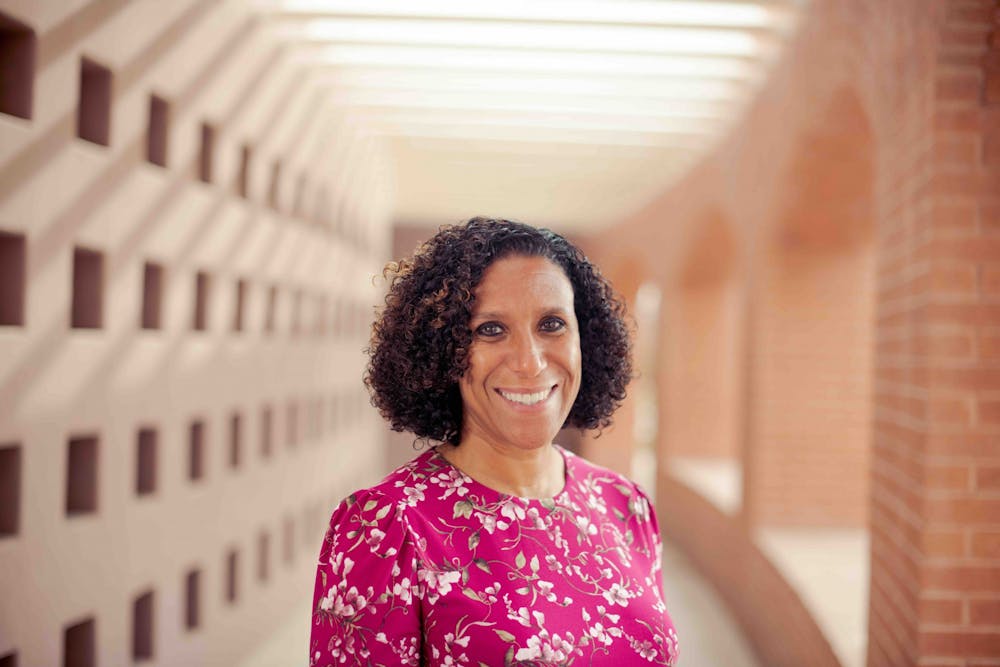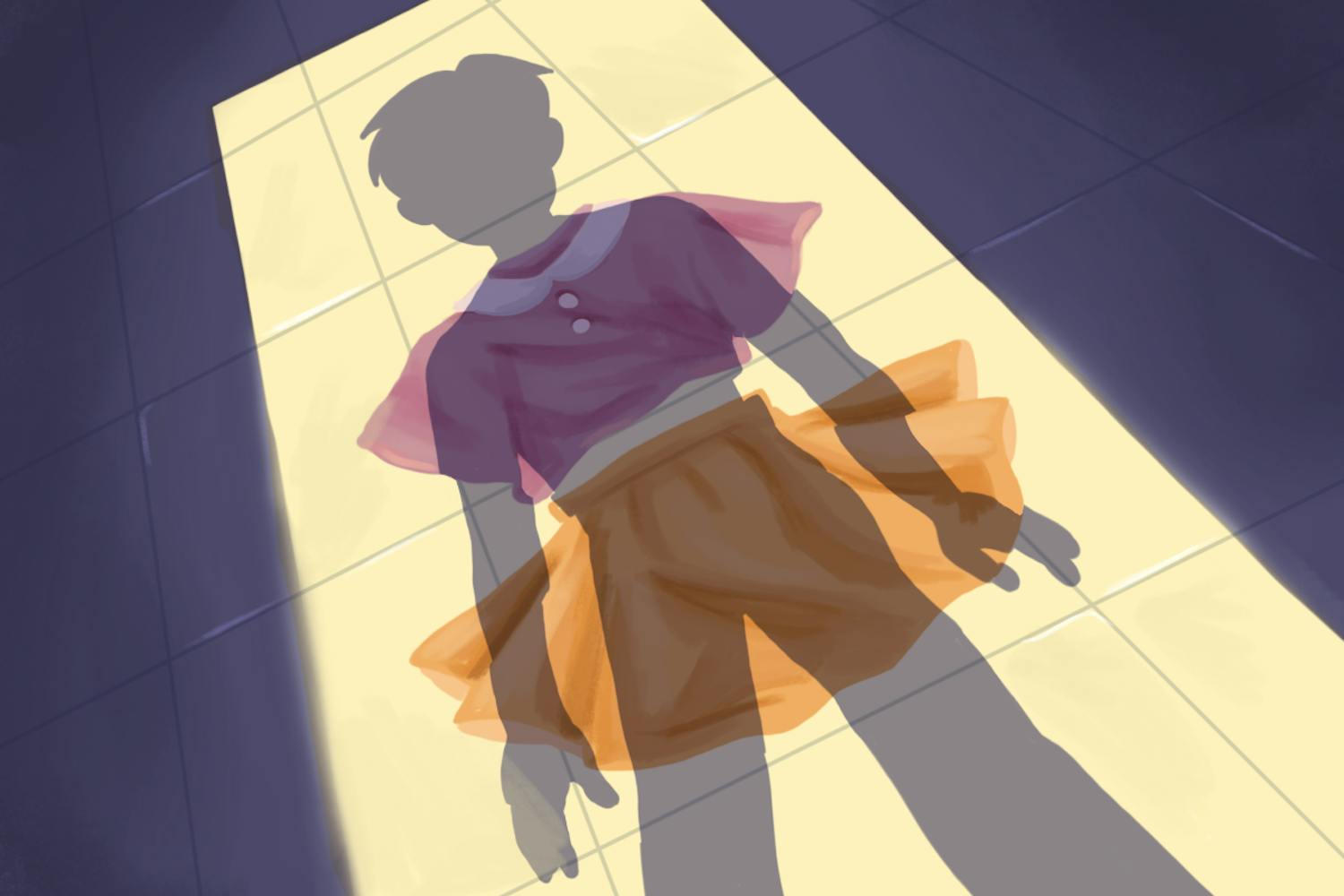Ayanna Thompson, regents professor of English and director of the Arizona Center for Medieval and Renaissance Studies, published her book "Blackface" about the historical origins of blackface and its impact on today's society, especially in the media and film industry.
In the book, which came out April 8, Thompson delves into how blackface became normalized and why so many individuals, ranging from actors to politicians, have gotten away with using blackface.
Blackface has origins dating back to the 16th century during the time when playwright William Shakespeare began to gain prominence. Some of Shakespeare's plays, such as Othello, have incorporated blackface in their characters.
It's still apparent in modern society. In 2019, several instances of prominent figures using blackface came into light when photos of them resurfaced and spread through social media.
To learn more about the new book, her work and how blackface has impacted current events, The State Press spoke to Thompson about these topics. The conversation has been edited for length and clarity.
Q: What made you want to write the book? Was it a personal experience that kind of triggered you to get the thoughts out?
A: Well, it was a bunch of personal experiences.
A lot of people who have done work on blackface usually just start their work in the 19th century, but I will see connections from the 16th century to the 21st century. I wanted to do that larger arc of the story, but really I wanted it to be more personal.
When my son was in third grade, his class had to do an assignment where they had to investigate and research a famous person, and dress up as the person and answer questions as if they were the person.
There were three white children who were in blackface who were Serena Williams and Martin Luther King Jr. and Arthur Ashe. I couldn't believe it and you know, obviously, these are eight-year-olds, but I did have a conversation with the principal at the school and asked what conversations they had had about putting on makeup and what they thought about impersonating other races. He had no idea what I was talking about.
I want to write a book that you can just hand to the teacher and just (say) read this.
So that's sort of the frame of the book and so I walked through it: what is actually blackface, why is it still happening today, what are the implications for Black and Brown people and actors in particular and for white people and what can we do going forward.
Q: When did you start writing the book?
I've been talking to the press for a while about the book, but I wrote it in May of 2020.
In the middle of writing it, George Floyd was murdered. At the end of the book, I think through what's the connection between someone being able to kneel on someone else's neck for eight minutes and 46 seconds and for this kind of white supremacist stance about the ability to own the performance of other races and other identities.
I think there's something there and because I've been thinking about the book so long I wrote it fairly quickly so it was done in about a month or so, a month and a half.
Q: What would you like to see the media and entertainment industry do to avoid the future use of blackface?
A: How about hire Black and Brown actors? How about if you want to have a character that has a different race or ethnicity or religion, you have someone of that background write the character and someone of that background perform that role. I mean, it's not rocket science.
There are lots of actors out there. You don't need to have created jokes or scenarios where white people are telling jokes about Black people portrayed as Black people, it's not funny anymore. It can have these harmful implications.
Q: What do you hope for people to take away from your book?
A: Well, I think in some ways I hope that it combats the historical amnesia. I hope that they can't forget this history again because we as Americans keep forgetting the same history over and over again.
I want them to think about what it means to think that they are allowed to perform another identity and what it takes to do that. Also, I want people to think about why Black and Brown people don't have a long history of performing in whiteface, like, we've never been in positions of power or entitlement that make us think that whiteness is a property that we can perform.
It's not that I'm saying we should now, you know, as Black and Brown people don whiteface every Halloween. I'm saying none of us should be doing that.
Reach the reporter at anatar12@asu.edu or follow @AnushaNat1 on Twitter.
Like The State Press on Facebook and follow @statepress on Twitter.
Continue supporting student journalism and donate to The State Press today.





